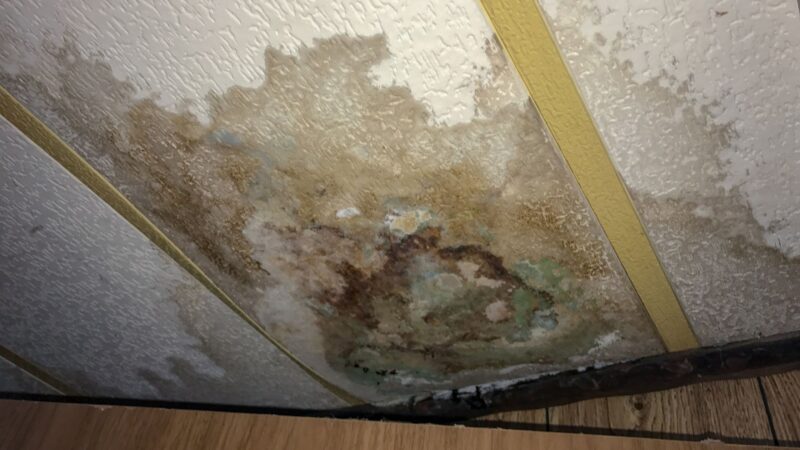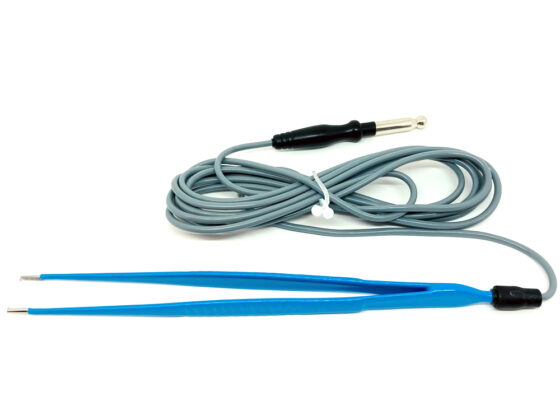Living through water damage in your home is a stressful experience, raising questions about the safety of inhabiting the space, especially during crucial activities like sleeping. This article addresses concerns about the safety of sleeping in a water-damaged home, offering insights into potential risks, precautionary measures, and the importance of professional intervention.
Understanding the Risks
1. Mold Growth:
Mold may thrive in an environment that has been damaged by water. It’s critical to handle water damage as soon as possible since mold spores can cause respiratory problems and other health problems.
2. Structural Damage:
A home’s structural integrity may be compromised by prolonged exposure to water. This may lead to hazards such as weakened foundations, sagging ceilings, or even collapses in severe cases.
3. Electrical Hazards:
Water and electricity are a dangerous combination. Water damage increases the risk of electrical hazards, including short circuits and electrical fires. Sleeping in such an environment poses a significant danger.
4. Contaminated Water:
Depending on the source of water damage, the water invading your home could be contaminated. This introduces the risk of exposure to harmful substances and pathogens.
Precautionary Measures
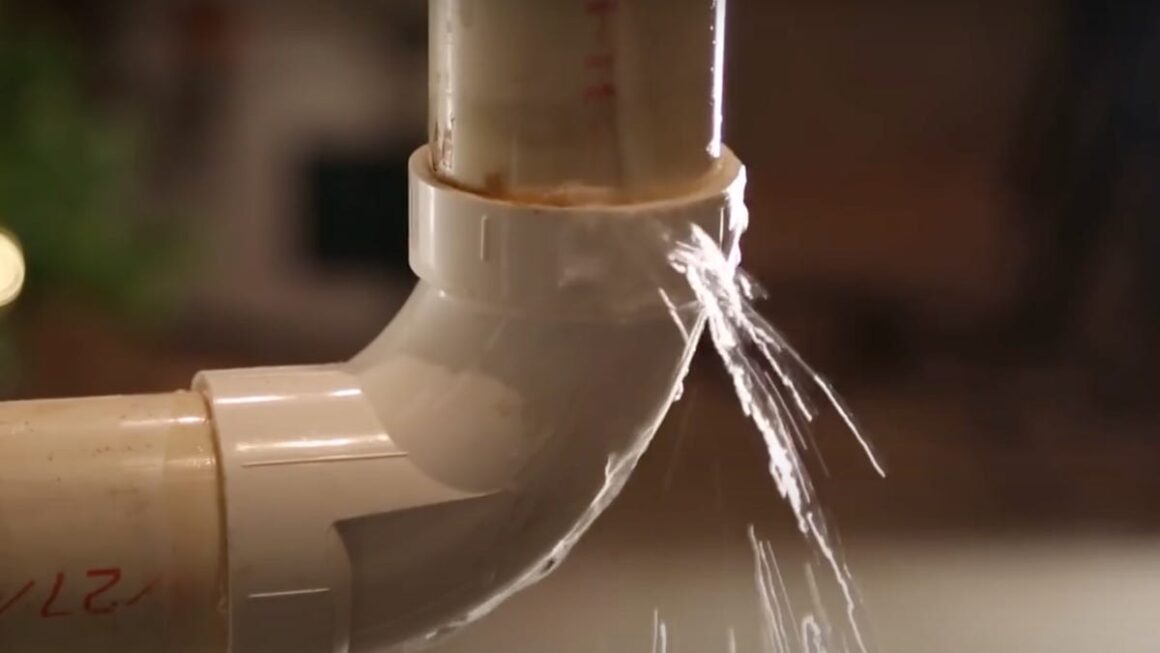
1. Immediate Evacuation:
If water damage is extensive, it is advisable to evacuate the premises immediately. Staying in a severely compromised environment poses substantial risks.
2. Ventilation:
If evacuation is not immediately possible, ensure proper ventilation. Open windows and doors to facilitate air circulation, reducing the risk of mold growth and improving air quality.
3. Professional Assessment:
Engage the services of a professional water restoration company Cape Cod, for a thorough assessment. Professionals can identify hidden issues, provide effective solutions, and ensure the restoration process adheres to safety standards.
4. Temporary Housing:
Consider temporary housing options while the restoration process is underway. This allows you to maintain a safe living environment while addressing the water damage comprehensively.
The Role of Professionals
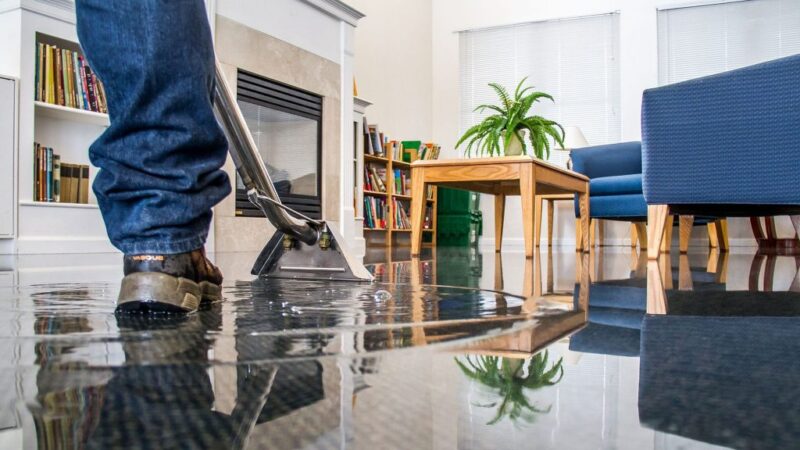
1. Swift Water Extraction:
Professional water restoration companies employ advanced equipment for swift water extraction. Removing water promptly is essential to preventing further damage and minimizing health risks.
2. Mold Remediation:
Professionals have the expertise to conduct mold remediation effectively. This involves identifying and eliminating mold growth ensuring a safe and habitable environment.
3. Structural Repairs:
Addressing structural damage requires specialized knowledge. Professionals can conduct thorough repairs to restore the integrity of the home, mitigating potential hazards.
4. Electrical Safety Checks:
Professionals assess and address electrical hazards, ensuring the home is safe from potential fires or shocks. This step is crucial before considering reoccupation.
Long-Term Considerations
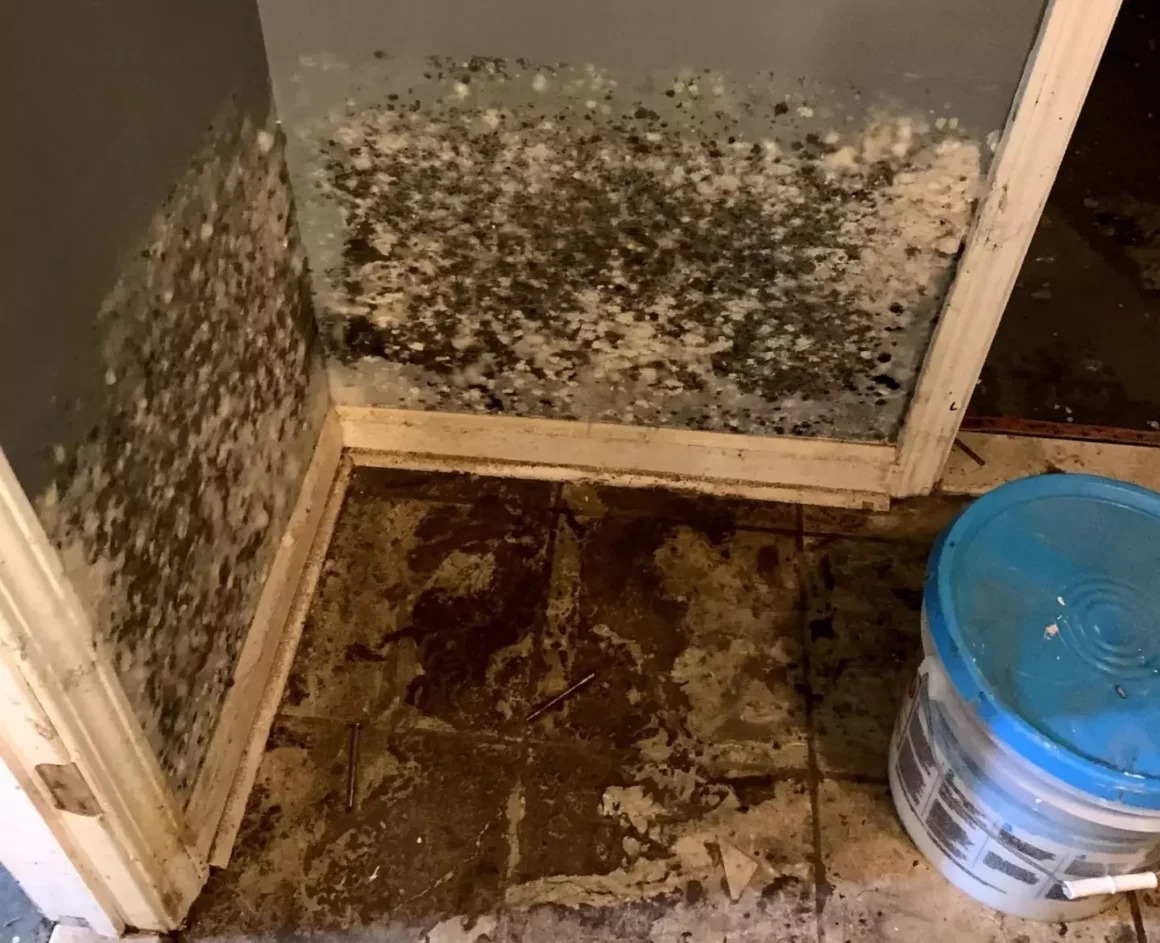
1. Preventive Measures:
Once the immediate issues are resolved, focus on preventive measures. This may include waterproofing, proper drainage systems, and regular maintenance to avoid future water damage.
2. Routine Inspections:
Conduct routine inspections to identify potential issues early. Early detection allows for prompt intervention, preventing extensive damage and ensuring the safety of the home. Crack in the Foundation is crucial for homeowners to schedule regular home inspections to identify any potential issues early on and ensure the safety of their property and occupants.
Conclusion
The safety of sleeping in a water-damaged home depends on the extent of the damage, the presence of potential hazards, and the timely intervention of professionals. Prioritizing safety is paramount, and seeking the expertise of a reputable water restoration company in Cape Cod is crucial for a comprehensive and secure restoration process. Remember, addressing water damage promptly not only safeguards your home but also protects the well-being of everyone residing in it.
